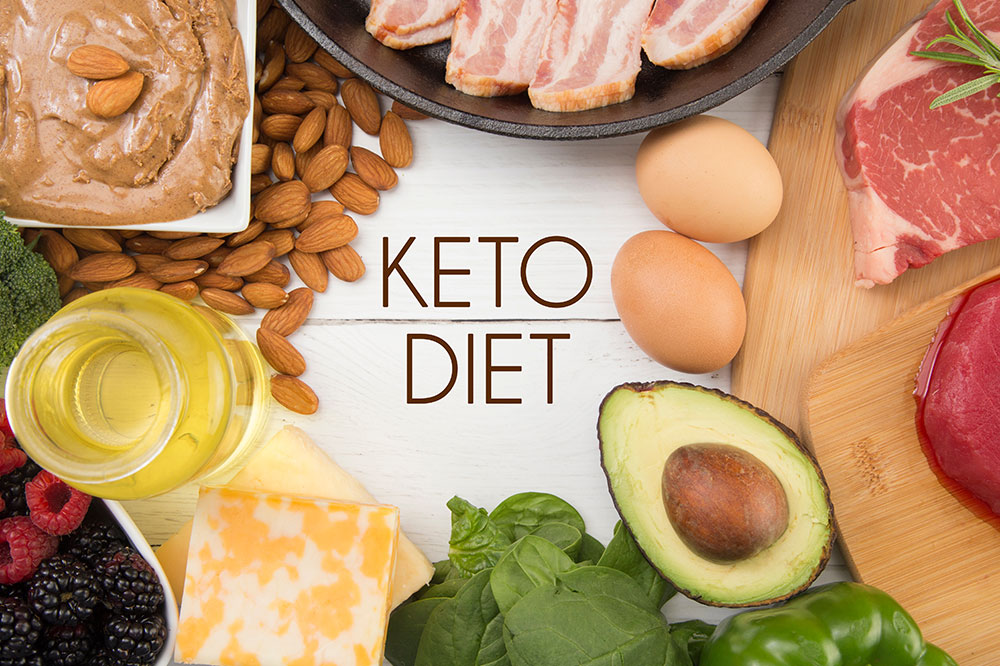Essential Dietary Strategies for Managing Epilepsy Effectively
Discover essential dietary tips for managing epilepsy effectively. Learn how gradual changes like reducing sugar intake and emphasizing natural foods can improve seizure control. Consult your healthcare provider for personalized nutrition plans, including the ketogenic diet or low-glycemic options, to support your health. This comprehensive guide emphasizes sustainable, doctor-approved strategies for living well with epilepsy.

Key Nutritional Approaches for Enhancing Life with Epilepsy
Research indicates that diet plays a significant role in controlling seizures for individuals with epilepsy. While traditional plans like the Ketogenic diet have shown effectiveness, newer, less restrictive options such as the Low Glycemic Index and modified Atkins diets are also beneficial. Making dietary changes can be challenging, especially when multiple adjustments are introduced simultaneously. Often, initial enthusiasm wanes over time, making gradual shifts a better long-term strategy.
Implementing one change at a time creates sustainable progress, particularly for managing conditions like epilepsy.
Cutting out simple sugars: The first crucial step is removing foods high in simple sugars, which are quickly absorbed due to their high glycemic index. Eliminating these foods for several weeks can reduce cravings and lead to a natural disinterest in sugary items.
Transitioning to a diet rich in whole, natural foods is another vital aspect.
Emphasizing natural, minimally processed foods: Focus on consuming foods with three or fewer ingredients. Foods with more than three ingredients are often processed, containing artificial additives. Natural foods retain essential nutrients and minerals, supporting overall health and epilepsy management.
Patients should consult healthcare providers before modifying their diets. A doctor can recommend personalized plans, including options like the Ketogenic diet, which typically derives 80-90% of calories from fat. Such diets often involve removing high-carb foods initially, such as sweets, pasta, and bread, with gradual reintroduction of carbs under medical supervision. Adjustments are personalized over time to optimize safety and effectiveness.










